⚡💰 Tesla Rolls Out NYC Supercharger Congestion Fees & Why Revel Might Shut Down Its Rideshare Business
Tesla will charge congestion fees to combat surge in TLC-plated vehicles using its NYC Superchargers. We predict Revel will shut down rideshare business to increase its charger availability to public
Tesla is rolling out “congestion fees” on some of its NYC area Superchargers to reduce waiting times for drivers
Thousands of newly licensed TLC-plated EVs have likely caused Tesla chargers to be overwhelmed, leading to longer charger wait times
We predict Revel will shut down NYC rideshare business, to increase its charger availability to public
An additional ~4,000 *new* TLC-plated EVs are set to become active in coming months, further exacerbating NYC charger wait times
Our recent article about EV charging infrastructure issues across NYC, is proving prescient.
Teslarati and Electrek both report that Tesla has decided to roll out “congestion fees” at some of their NYC Tesla Superchargers. The fees are thought to be in response to the Superchargers being overwhelmed by *new* TLC-plated EVs.
As a quick reminder, these *new* NYC electric for-hire vehicles (FHVs) were allowed to be issued on the back of a surprise reinstatement of the EV exemption to the FHV License Pause (TLC Plate Cap) on October 18th. This exemption was paused on November 13th, pending the outcome of an ongoing New York Taxi Workers Alliance (NYTWA) legal action against the City & NYC Taxi & Limousine Commission (TLC).
Tesla Congestion Fee?
Teslarati reports Tesla sent the the below message to drivers in NYC, which indicates that “Supercharger Congestion Fees” are being instituted at select NYC-area charging stations:
“Idle fees have been replaced by congestion fees at select Superchargers near you. Congestion fees accrue when your Supercharger is busy and your vehicle’s battery is above a certain level. This change helps reduce wait times and ensures that everyone has access to Superchargers when they need it.
Congestion fees apply when:
- Supercharger is busy
- Your vehicle’s charge is above the congestion fee charge level
View congestion fees and charge levels at which they apply on your touchscreen.”
- Teslarati, ‘Tesla combats Uber, Lyft congestion in New York City with Supercharger Congestion Fees’, by Joey Klender (January 18, 2024)
According to Electrek, the congestion fee consists of a new charge of $1 per minute when charging past 90%, since the last 10% is the slowest to charge. This is meant to encourage drivers to have shorter charging sessions. However, Teslarati reports, “Code from Tesla hacker green stated that the congestion fees would apply when vehicles are charging over 80 percent.”
Article continues after advertisement
Although Tesla plans to build more NYC Superchargers and is even working with Uber on sharing relevant data, it will take months, if not years, for those new Superchargers to become active to meet current, let alone future, charging demand from all NYC EVs, not just TLC-plated EVs. This is also setting aside any discussion on potential NYC electric grid capacity constraints or the source of energy powering the chargers (i.e., non-renewable energy source(s) powering EV chargers?)
Revel
In the meantime, Revel is a huge beneficiary of the shortage of Tesla Superchargers and the addition of thousands of new EV TLC-plated vehicles.
“Revel’s public fast-charging Superhubs have seen about four times more public utilization in the last two months, which we see as a direct outcome of the Green Rides initiative. We’re anticipating an even greater uptick as more drivers look to skip long lines and hidden fees by charging at our higher-volume Superhubs.”
- Robert Familiar, Revel spokesperson
We believe this will lead to Revel shutting down its NYC rideshare business, so they can offer more fast charging capacity to the general public, including NYC TLC drivers. Remember, their own NYC rideshare fleet is likely taking up a lot of the available charging capacity (time), they could otherwise offer to the public.
Counterintuitive? 🤔 This is our logic (Note: we could be totally wrong, it wouldn’t be the first time).
Since Revel launched its “rideshare” service in NYC, we were always of the opinion that the company’s strategy was more about charging infrastructure than creating an Uber or Lyft competitor.
“However, where [we] think Revel is going to be proven very right is the company’s bet and investments in NYC EV charging infrastructure. [We] believe the company’s interest in a rideshare service relates to creating a mechanism to initially fully utilize their newly opened charging hub in Brooklyn, until more EVs hit the road in NYC.”
- AutoMarketplace (July 26, 2021)
Furthermore, we are fairly certain Revel’s rideshare business is deeply unprofitable and would require a lot more capital to scale to achieve even a marginal net positive cash flow. Today, we believe, their current (or any new) investors will not have the patience to continue funding the rideshare business and will ask the company to focus on its charging infrastructure business, which still has a difficult but easier path to profitability or exit (i.e., another company buying Revel or initial public offering (IPO)).
A more existential question for Revel will then become what truly differentiates their charging infrastructure business? Is it real estate? Access to government subsidies? Expertise? For example, Tesla is more vertically integrated (makes their own vehicles), is partnering with other OEMs so vehicles made by other automakers (i.e., GM) can access Tesla’s charging network and has an existing expertise in building / managing thousands of Superchargers, across the world, over several years. In addition, Revel has a host of larger, potentially more capitalized competitors, such as Electrify America, EVgo and Chargepoint.
Even if we look at how Revel’s publicly-traded “standalone” EV charging competitors are doing, the stock charts might tell us a story about investors patience for investing in EV charging network businesses, their attractiveness as investments or their prospects of near term profitability. That being said, the federal government is set to spend a lot of money subsidizing the build out of chargers across America, including NYC (“a rising tide lifts all boats?”).
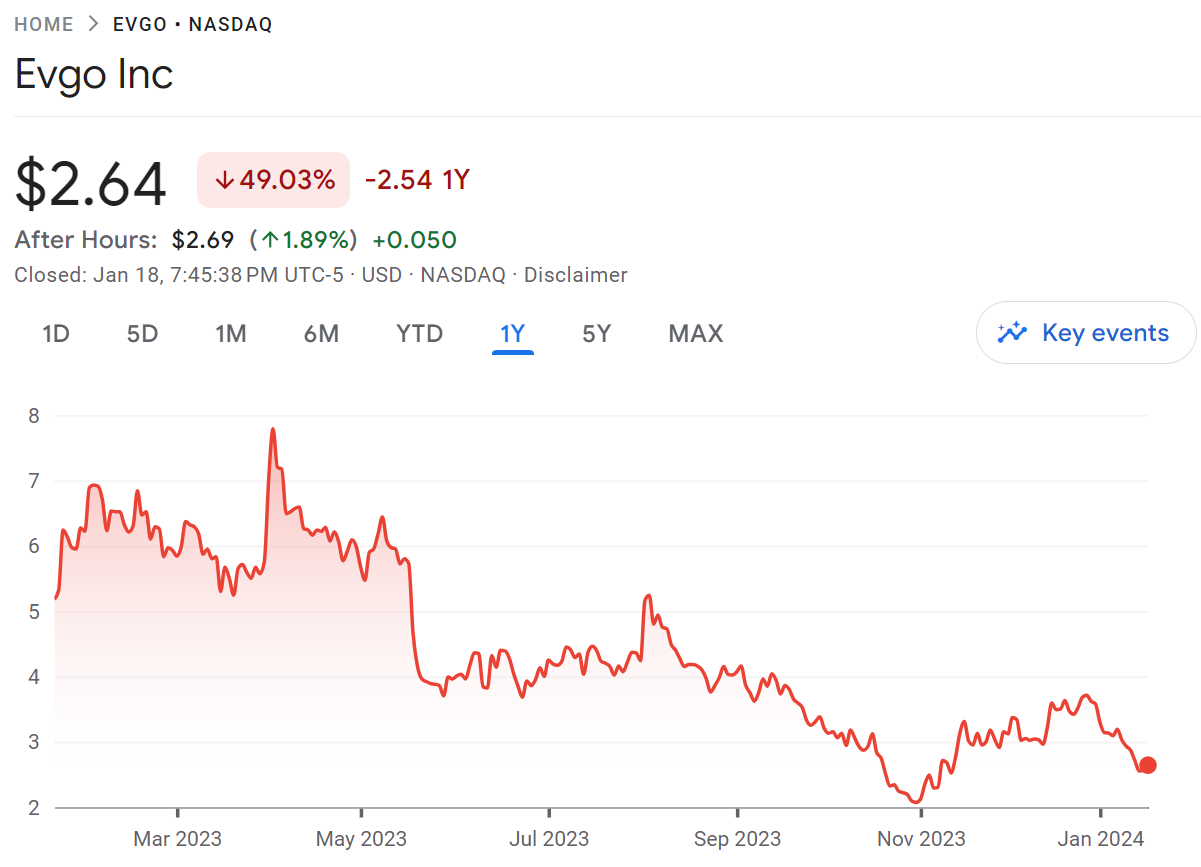
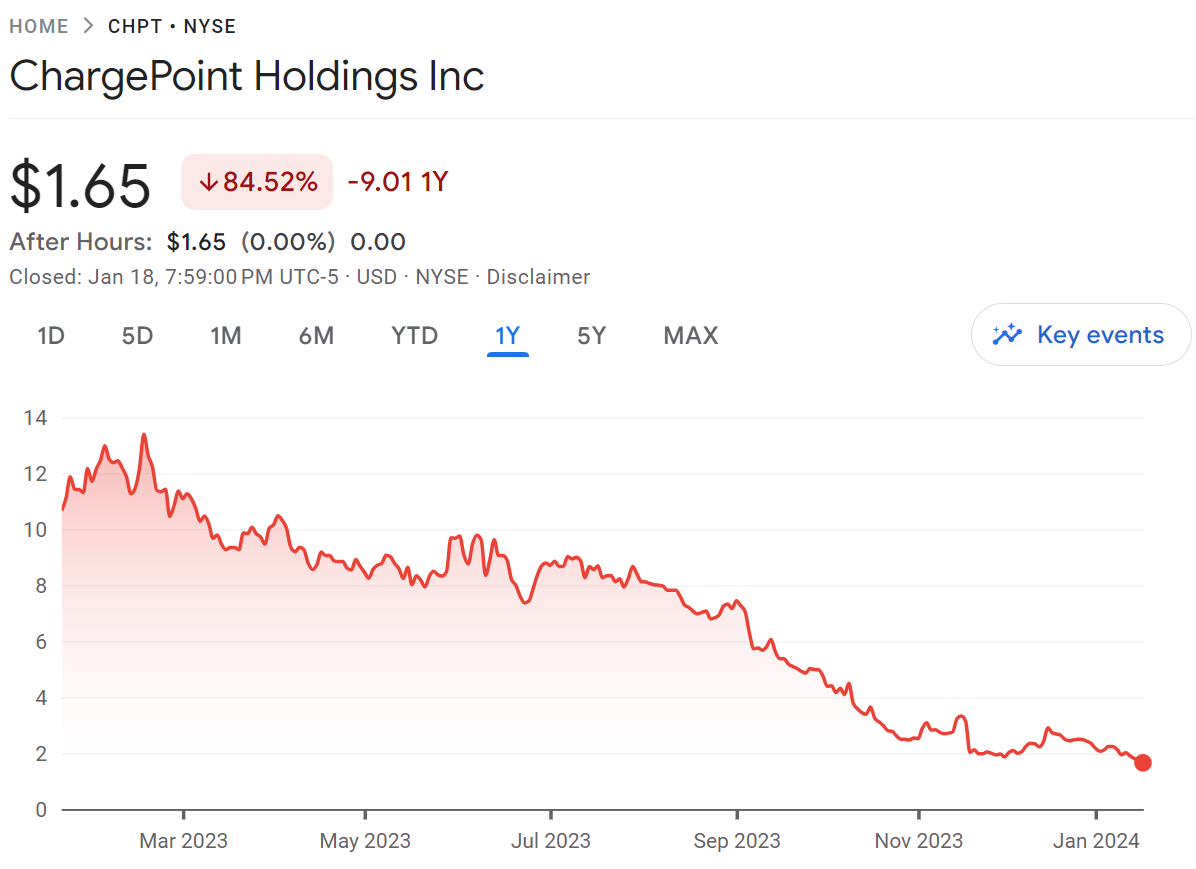
We hope Revel proves us wrong because we know (at least on a smaller scale) how hard it is to start a business, but we are simply sharing our honest opinion. An opinion we think our readers should consider and think about, especially as it relates to whether Revel is a long term player in the NYC for-hire transportation industry and in what capacity.
~4,000 More TLC EV Plates To Come?
Finally, based on our rough analysis of active for-hire vehicles listed on NYC Open Data, there are still ~4,000, of the ~10,000 *new* EV TLC Plates, that are yet to pass TLC inspection and become active. If long charging lines exist right now, we believe 4,000 more TLC-plated EVs will undoubtedly exacerbate issues many TLC and NYC drivers face when trying to efficiently access chargers.
As always, let us know your thoughts in the comments section below or by emailing us at info@automarketplace.com.
AutoMarketplace NYC covers the for-hire transportation industry and automotive news. Check out AutoMarketplace on YouTube ▶️




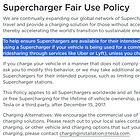
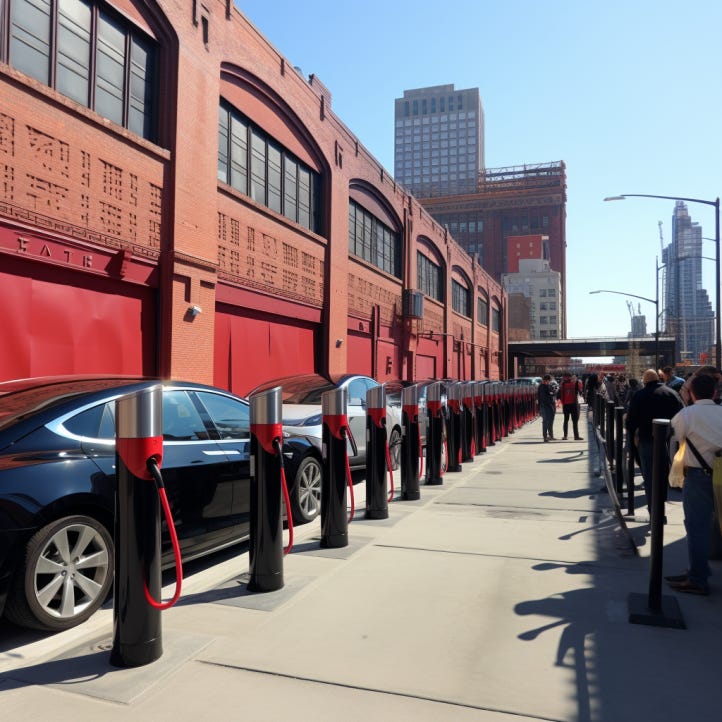
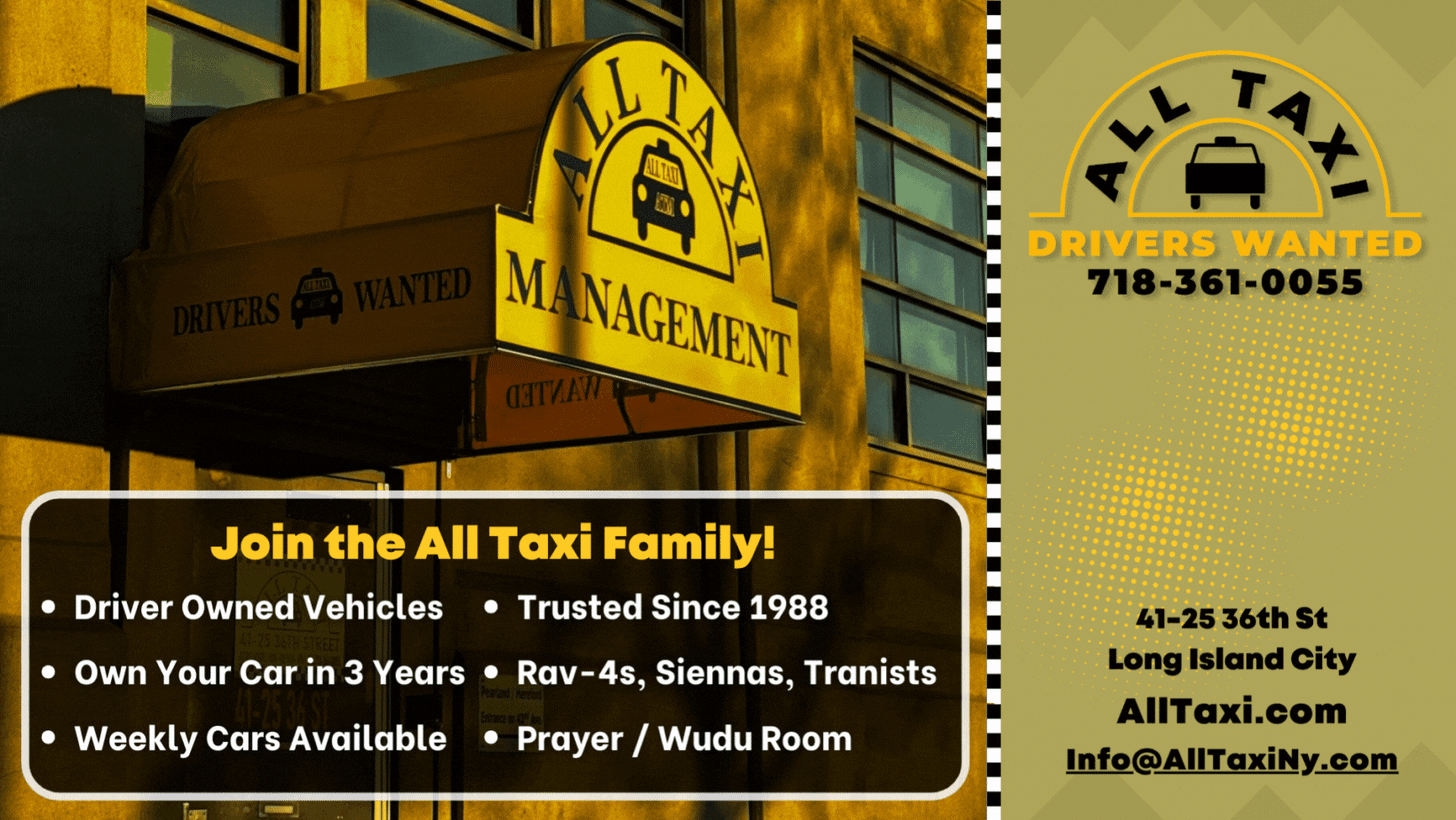
Thank you for another great article!
Can confirm as a ev rideshare driver, every supercharger I’ve encountered has been clogged this recent month. 25+ min wait times.